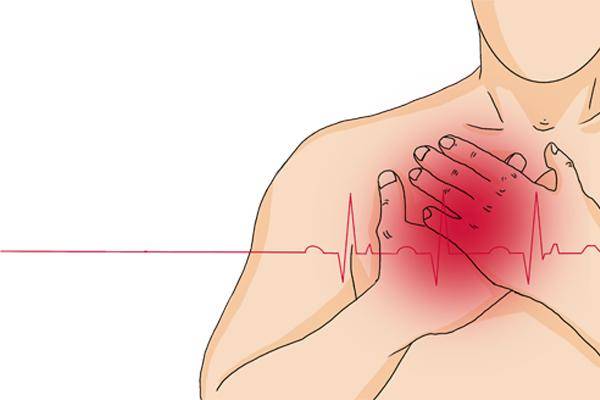There are many essential nutrients in the human body, such as protein, calcium, vitamins, as well as some minerals and trace elements. Among these, the lack of calcium is generally known for its harmful effects, but most people are unaware that the lack of a certain substance in the body is more dangerous than calcium deficiency and often overlooked.
This substance is potassium. When it comes to potassium deficiency, some people may think of patients with high blood pressure who need to take antihypertensive medication. However, some antihypertensive drugs can cause potassium depletion during use. Failure to detect potassium deficiency promptly can easily lead to serious issues, even life-threatening. Therefore, it is advisable for individuals with high blood pressure to supplement potassium in a timely manner while taking medication.
In fact, not only individuals with high blood pressure should pay attention to potassium supplementation, but also the general population should not neglect it. Insufficient potassium levels in the body can easily lead to adverse symptoms, and in order to prevent more serious reactions, potassium supplementation should be carried out promptly upon the appearance of abnormal signals in the body.
What signs indicate potassium deficiency?
1. Abnormal heartbeats
Under normal circumstances, the heartbeat is rhythmic, ranging from 60-100 beats per minute. However, this is not the only criterion; heart rate may vary with age. As you age, the rhythm of the heartbeat may slow down. If an individual experiences excessively slow heartbeats at a relatively young age, it should be taken seriously as it may be an indication of potassium deficiency. It is important to note that occasional slow heartbeats, not related to potassium deficiency, may be influenced by other factors. The focus should be on long-term bradycardia and should not be ignored.
2. Weak legs and frequent muscle cramps
Usually, when experiencing weak legs and muscle cramps, many people think of calcium deficiency or insufficient muscle mass and opt for calcium and protein supplementation. However, if the situation does not improve after these interventions and there are suspicions of an underlying disease, a medical examination is usually sought. Surprisingly, the final diagnosis may reveal potassium deficiency.
If you frequently experience weak legs and muscle cramps for a period of time, it is crucial to pay attention as your body is sending you a warning signal to promptly supplement potassium.
3. Drowsiness and poor mental state
If someone goes to bed early, does not wake up early, sleeps for at least 10 hours daily, but still feels sluggish and drowsy the next day, it may indicate potassium deficiency. Insufficient potassium can affect a person’s mental state, leading to drowsiness. This condition cannot be improved by getting more sleep; instead, the issue needs to be addressed specifically.
4. High blood pressure
Inadequate potassium levels in the body can affect blood vessels, causing them to constrict and raise blood pressure. If high blood pressure persists for an extended period, it should be taken seriously to prevent the development of permanent hypertension. High blood pressure that can be resolved by potassium supplementation should not be allowed to progress to permanent hypertension, as the health implications of the two conditions are different. Losses should be minimized promptly.
Since potassium supplementation is crucial, what foods during the holidays are beneficial for increasing potassium levels?
① High-potassium fruits
There are many fruits with high potassium levels, with bananas being well-known. However, there are many other fruits with even higher potassium content than bananas, such as oranges and cantaloupes. Increasing the intake of these fruits during the holidays can aid in potassium supplementation.
② Potatoes
Potatoes have a high potassium content and can be incorporated into meals to replace staple foods. They provide a sense of fullness and assist in potassium supplementation. It is recommended to consume sweet potatoes, potatoes, and yams in moderation, as excessive intake is not advisable.
③ Seaweed soup
Enjoying feasts during the Lunar New Year involves consuming large amounts of meat and fish, where soup is a staple. Consideration should be given to lighter soups rather than heavy broths, as vegetables or seaweed soups are more suitable. In particular, seaweed soup can replenish potassium and zinc elements, as well as other trace elements, providing benefits for the body.
Are you also potassium deficient? By checking the above symptoms, you can evaluate yourself. It is good if no potassium deficiency is found, but if present, immediate adjustments should be made to avoid realizing the harmful effects of potassium deficiency when the problem becomes severe. It is essential to pay more attention to your body in daily life to detect abnormalities in a timely manner.


